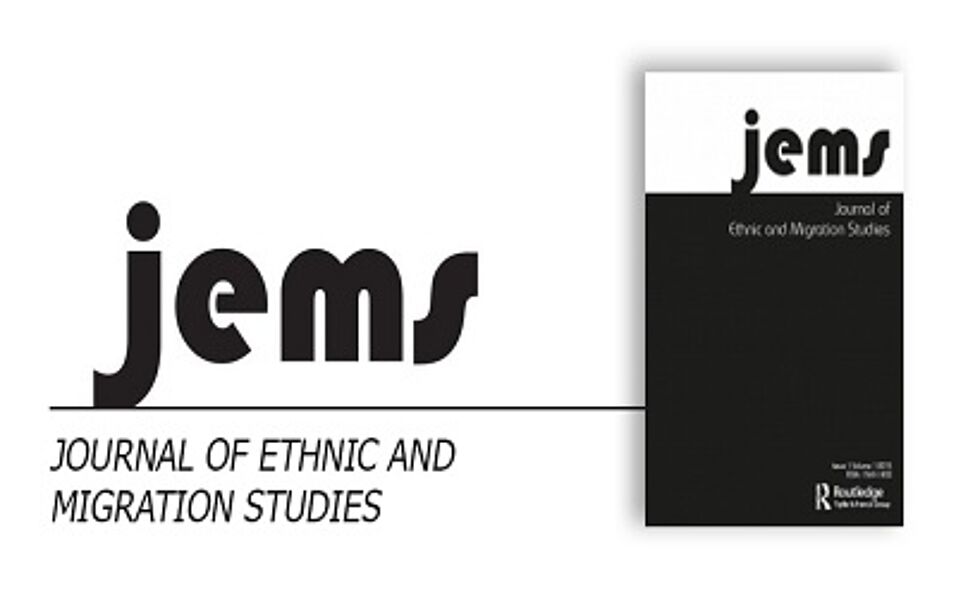Abstract:
This article looks at the immigration profile of the Austrian centre right. It examines whether the Austrian People’s Party (ÖVP) can be considered an anti-immigrant party by systematically analysing the party’s electoral manifestos from 1994 to 2019. From previously more ambiguous positions, the article identifies an amplification of restrictive positions after 2017. In the electoral manifestos of 2017 and 2019, immigration plays a key role, with a strong focus on Muslim immigrants and their descendants as a ‘cultural other’. A major driver of the explicit anti-immigration profile was the restructuring of the ÖVP into a leadership party, which effectively side-lined concentrated interest groups. The article concludes that the party can be classified today as anti-immigrant actor, able to attract anti-immigrant votes.

